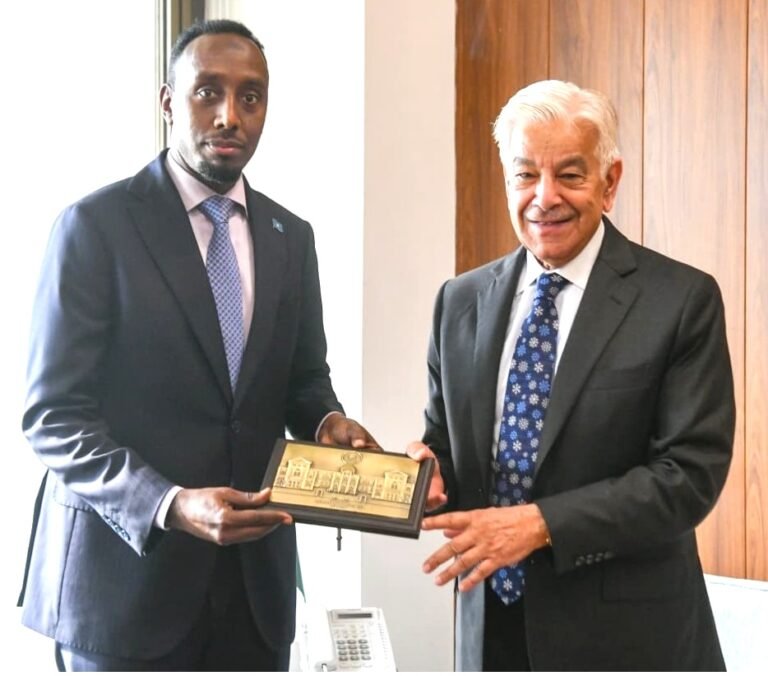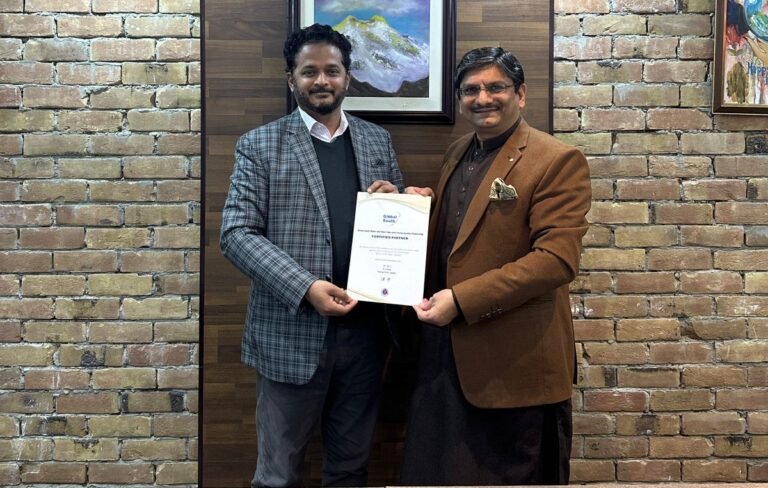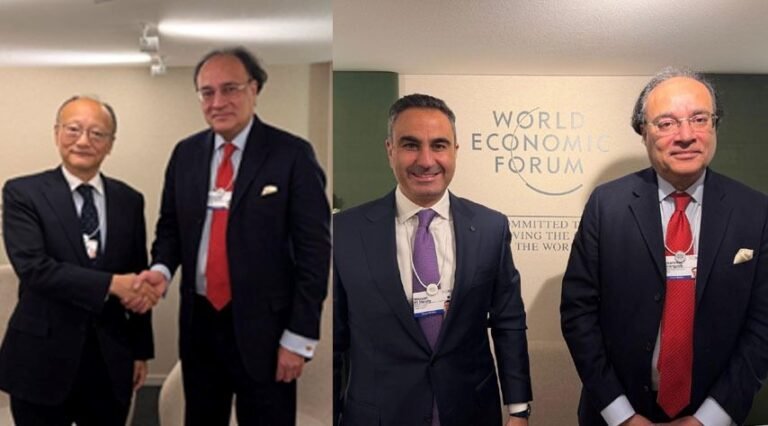ISLAMABAD, (TDI): Pakistan economic growth has recovered in the current year to continue reducing inflation, Asian Development Bank said in a report issued on Wednesday.
The average headline inflation slowed to 23.4% in FY2024 from 29.2% in FY2023.
Inflation is expected to ease further to 15% in FY2025 due to the implementation of a well-regulated monetary policy, reduced exchange rate volatility, and a stable outlook for international food prices, the report anticipated.
According to the Asian Development Outlook, an update to ADB’s flagship economic publication, Pakistan’s gross domestic product (GDP) growth is projected to have recovered modestly to 2.4% in FY2024 and should growth further by 2.8% in FY2025 accompanied by a decline in inflation.
Read More: ADB to Lend $8b to Pakistan Over Four years
Adhering to the country’s economic reform program will be critical to strengthening macroeconomic stability and the continued recovery of growth, even as downside risks remain, it further said.
Though Inflation remained elevated in the first half of FY2024 but subsided afterwards.
This reduction was mainly attributed to a decline in food price inflation, which was driven by increased agricultural production.
Also Read: ADB Reiterate Support for Pakistan’s Reforms
“Pakistan’s economic growth rebounded in fiscal year 2024 (ended 30 June 2024), supported by higher domestic consumption from increased agriculture income and workers’ remittances”, the report said.
“Pakistan’s economic prospects are closely tied to the steadfast and consistent implementation of policy reforms to stabilize the economy and rebuild fiscal and external buffers,” said ADB Country Director for Pakistan Yong Ye.
“It is imperative that Pakistan continues to consolidate public finances, expand social spending and protection, reduce fiscal risks from state-owned enterprises, and improve the business environment to encourage growth led by the private sector.”
In FY2025, the implementation of the economic adjustment program is expected to support economic activity by providing a more stable macroeconomic environment.
To rebound, private investment would need more favorable macroeconomic conditions, including easier access to foreign exchange, which would also benefit manufacturing and services. Agriculture, however, is projected to slow.








